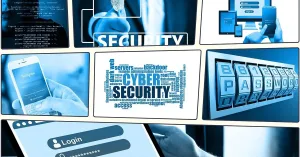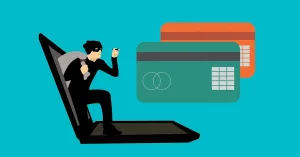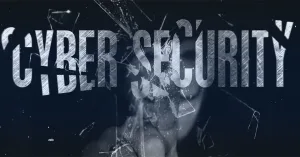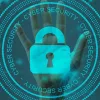
One thing every accountant and accounting firm knows for sure, there MUST be systems in place to protect client's precious data. A data breach is among one of the biggest fears in the accounting profession, and while you should fear this increasingly common act of theft, there are ways you can battle it.
Five Basic Ways to Keep Data Secure
1. CHANGE PASSWORDS ON A REGULAR BASIS
This may seem simple enough, but the number of people who forget this basic task is astounding, especially when you take into account the amount of sensitive information that people possess. Also, remember that having multiple passwords instead of changing your password regularly is just as bad and leaves you just as vulnerable as never changing your password.
Another common mistake people make with passwords is not re-configuring a machine or software and changing the default password when a new system is installed; this makes you easy prey for hackers, so avoid it. Working with systems that require dual-authentication is a plus as well.
2. UPDATE COMPUTER OPERATING SYSTEM
You will often find that manufacturers upgrade security safeguards a lot. To avoid any trouble, make sure that you sign up for the automatic updates that install security patches. The most common thing hackers look out for are systems without the latest safeguards. Also, aim to get anti-virus software, with automatic updates; this combination will keep your system strong and agile.
You will often find that manufacturers upgrade security safeguards a lot. To avoid any trouble, make sure that you sign up for the automatic updates that install security patches. The most common thing hackers look out for are systems without the latest safeguards. Also, aim to get anti-virus software, with automatic updates; this combination will keep your system strong and agile.
3. USE ENCRYPTION SOFTWARE
Visa USA and MasterCard International Inc. require most (if not all) businesses that work with them to verify that they use certain encryption software, especially if they operate online. This is because it is the best way to protect customers who use their credit cards. While it can be difficult for a smaller business or firm to follow those standards, if you want financial information to be protected, you will use encryption software.
4. LIMIT SHARING OF SENSITIVE INFORMATION
There is special software that can monitor outbound communication to make sure none of it is leaking, and while this works very well, it’s best to limit the amount of sensitive information that you share as some of it is bound to slip through the cracks (i.e., don’t email clients sensitive documents just because they asked you; use a secure client portal instead). You can also install software that uses constantly changing passwords attached to shared data, but, as I said above, the best way to limit leaking is to turn off the taps.
5. HAVE AN EXTENSIVE DATA BREACH EMERGENCY PLAN IN PLACE
Even if you download all of the best software, take all of the precautions, and follow some of the tips above, there is still a chance that you may get hacked. Whether it’s you by yourself, or you and your firm’s security team, make sure that you put an extensive plan in place to handle any and all security breaches. Routinely review the plans you put in place and see if there is room for improvements or changes. The things that hackers can do evolve almost daily, so you have to stay one step ahead. Don’t think you’re not a target, either, just because you are a small operation; everyone is a target.
Being secure isn’t simply about installing a certain program or device. Keeping your data safe has a lot to do with you being vigilant and careful with sensitive information, especially if it is not yours. Use the five tips above to put your data security techniques and practice system attacks regularly to identify any weaknesses that may arise – this is the best way to keep on top of things.




















Add comment